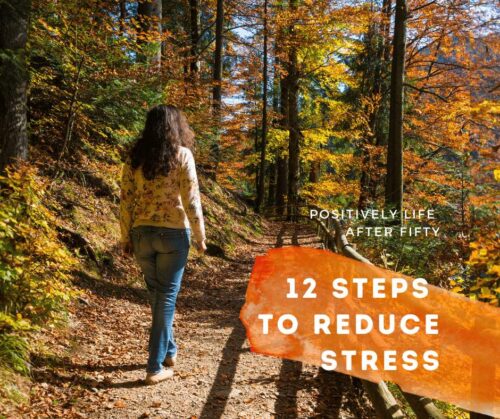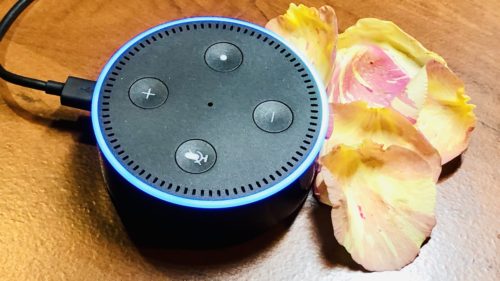All it takes for most of us is just one more thing and we're overwhelmed. We've tried to create a less complicated life but we're still stressed. Me, too. So I researched and found the twelve best ways to remove stress from your life. First, simplify…

A Simple Life is a Peaceful Life
Simplifying helped me create a more peaceful life. When I was teaching, I worked long hours, ate poorly, and had developed a toxic life.I was full of anxiety, had depression, sleeplessness, headaches and joint pain. There was no room for joy. I needed healthy habits to replace the toxic ones, so I did yoga, learned meditation, and increased my walking and journaling. I retired early. I decluttered my home and donated hundreds of items to charity. I saw a therapist for my anxiety. I ate more vegetables and gave up gluten to reduce my headaches and joint pain. I saw a doctor about sleep apnea and got a machine to help me breathe and sleep better. I followed the serenity prayer~ I let go.
Serenity Prayer
God grant me the serenity to accept the things I cannot change,
Courage to change the things I can,
And the wisdom to know the difference.
Reinhold Niebuhr
~~~~~~~~~~~~~~~
For me, stress created illness. Illness is the body's way of telling us to slow down, forgive, or even let go and move on. Here are more steps to help you de-stress.
~~~~~~~~~~~~~~~
Twelve Step to Reduce Stress in Your Mind and Your Home:
- Make your health a priority. Is there a doctor's appointment or test you need? Schedule it.
- Cancel an Activity. Find one thing on your calendar you can do without. Cross it out.
- Start Your Day With Rituals: Keep routines that keep you organized, or in control. Create new ones that are calming. For me, taking my dog out every morning, then returning for my morning coffee are comforting routines.
- Pick Your Battles: Families grow and change. Some stages are more stressful. You've set priorities but it's still not working? Sometimes that change must start with us.
- Reduce: It's well known that reducing clutter in your home reduces stress. Less stuff=Less to clean.
- Schedule Self-Calming Time: Whether it's yoga, meditation, a quiet walk, a good book or a soak in the tub, take time for what calms you. Remember how, before take-off, the stewardess tells parents to put their oxygen masks on first, then the child's? Well, self-calming time is your oxygen mask. Take a breath, relax.
- Watch Less: Reduce time spent looking at a screen, especially before bed. Use sound instead of visuals to help you fall asleep. A sound machine, audio book or sleep podcast is a healthier choice.
- Follow Less: Unfollow pages or people on social media if their posts give you stress, or just don't give you joy. You can unfollow people and still stay “friends.”
- Do Less: Make use of time savers offered by stores and sites. Use curb side pick up for groceries and medications; find meal planning calendars online.
- Spend less: If money is your greatest stress, go on a buying freeze, buy only necessities. Check out apps that help you pay down your credit card debt, like Tally, Debt Free, or Credit Card Payoff.
- Don't ignore the big problems. Maybe you're considering a big lifestyle change to reduce stress, like leaving a relationship, job or neighborhood. Seek a trusted friend or two to be your sounding board. True friends want to help, don't be afraid to ask. Take steps to talk to a professional, too.
- Focus on what you can change. Accept that there are things out of your control, and let them go.
~~~~~~~~~~~~~~~
Conclusion
If you're stressed, it's not your fault. You may need someone to talk to, to help you get through this hard time. Remember, that's what it is: A hard time. A time that will pass. I didn't give up hope and I don't want you to, either. You ARE worth it!
~~~~~~~~~~~~~~~
New Ways to Connect and Support
If this has helped you, please share it with a friend. Also, consider a one-time donation of $5 to “Buy me a Coffee.” Just click on the yellow banner on the right that says, “Buy Me A Coffee.” (scroll down if you're on a cell phone) You'll get a personalized Thank You from me!
What ways you have found to de-stress? Post it in the comments below, or email me at connie@positivelylifeafterfifty.com ~I may share it on my podcast!


